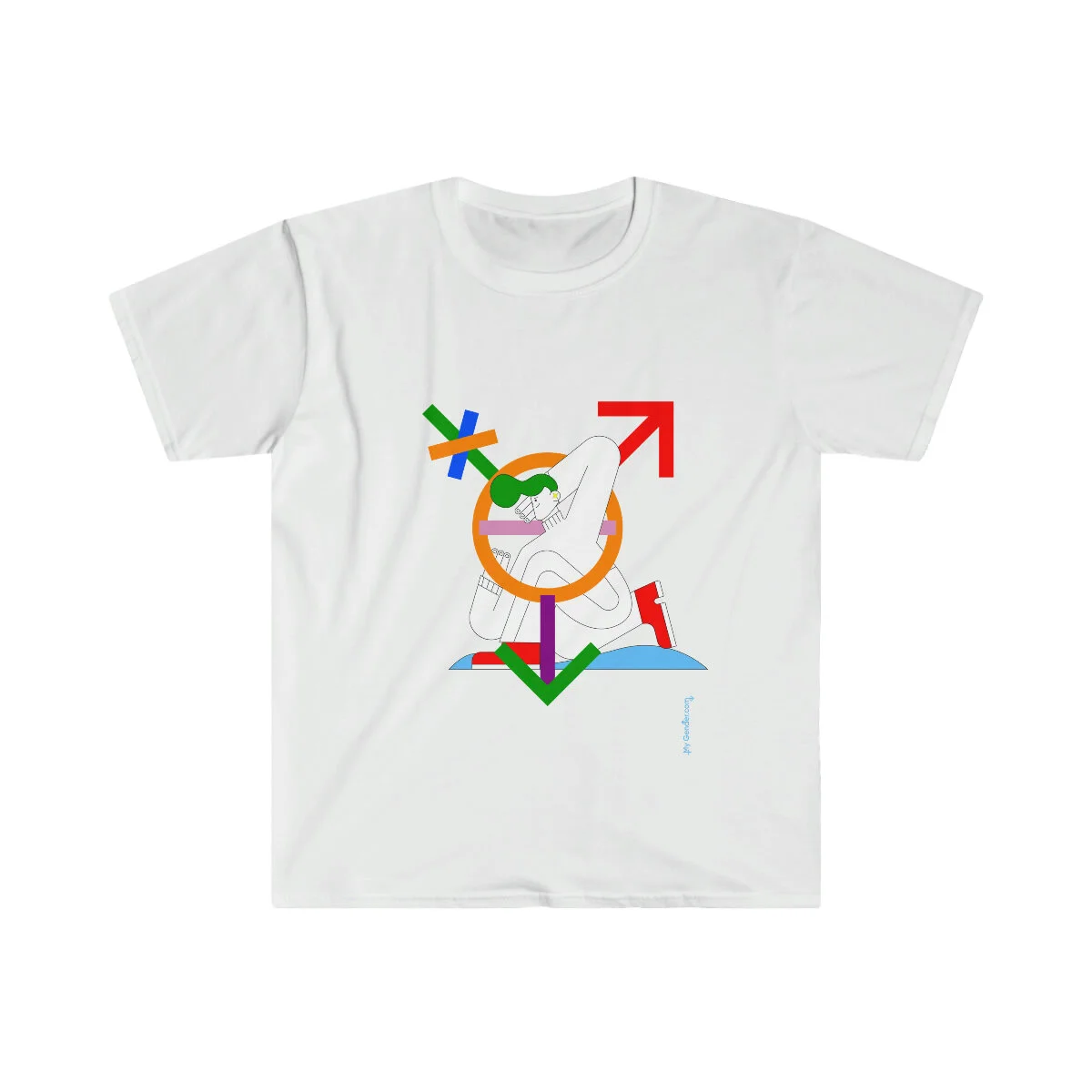Genderflux

Genderflux
Genderflux is a gender identity that is characterized by a fluctuation in the intensity of one's gender identity over time. This can occur at varying speeds and may be consistent or inconsistent. Genderflux individuals may identify as non-binary and/or transgender and may experience different degrees of gender dysphoria or euphoria depending on their current gender identity.
Genderflux is often considered to be under the multigender umbrella and can include subsets such as boyflux, girlflux, mascflux, femflux, nonbinaryflux, multiflux, and xenoflux. It is important to acknowledge and respect individuals' gender identities, including those who identify as genderflux.
Certificate

Pronouns
The pronouns that genderflux individuals use can vary depending on their gender identity at any given time. Some genderflux individuals may use pronouns that match their gender identity at the moment, while others may use neutral pronouns like they/them or neopronouns like ze/hir/hirs. It is important to ask each individual for their preferred pronouns and to use those pronouns with respect and accuracy, even if they may change over time.
Celebrities
Here are a few examples of celebrities who have publicly identified as genderflux:
Alok Vaid-Menon - writer, performer, and activist
Chella Man - actor, artist, and LGBTQ+ activist
Jeffrey Marsh - author, activist, and social media personality
Pidgeon Pagonis - intersex activist, educator, and speaker
Vincent van Gogh - artist (posthumously identified as genderfluid or genderflux)
Rowan Ellis - YouTuber and LGBTQ+ activist
Olive Uniacke - writer and activist
Elona Musk - musician, artist, and activist
Lexi Adsit - actor, writer, and activist
Sam Dylan Finch - writer, editor, and mental health advocate.
Gender Types
Gender identity is a deeply personal and complex aspect of a person's identity, and it can vary widely from person to person. Some people identify as male, some as female, while others identify as non-binary, genderqueer, or another gender identity.
Gender identity refers to a person's internal sense of their own gender, which may or may not align with the sex they were assigned at birth. In other words, it is a person's subjective experience of their own gender.
Identity & expression
It's important to note that gender identity is not the same as biological sex, which is typically assigned at birth based on physical characteristics. Gender identity is also distinct from gender expression, which refers to how a person presents their gender to the world through clothing, hairstyle, behavior, and other factors.
Respect
It's important to respect and validate each individual's gender identity, regardless of how it may differ from societal expectations or traditional notions of gender. People should be able to express their gender identity in a way that feels authentic to them and should be able to access the rights and protections they need to live fulfilling lives.




